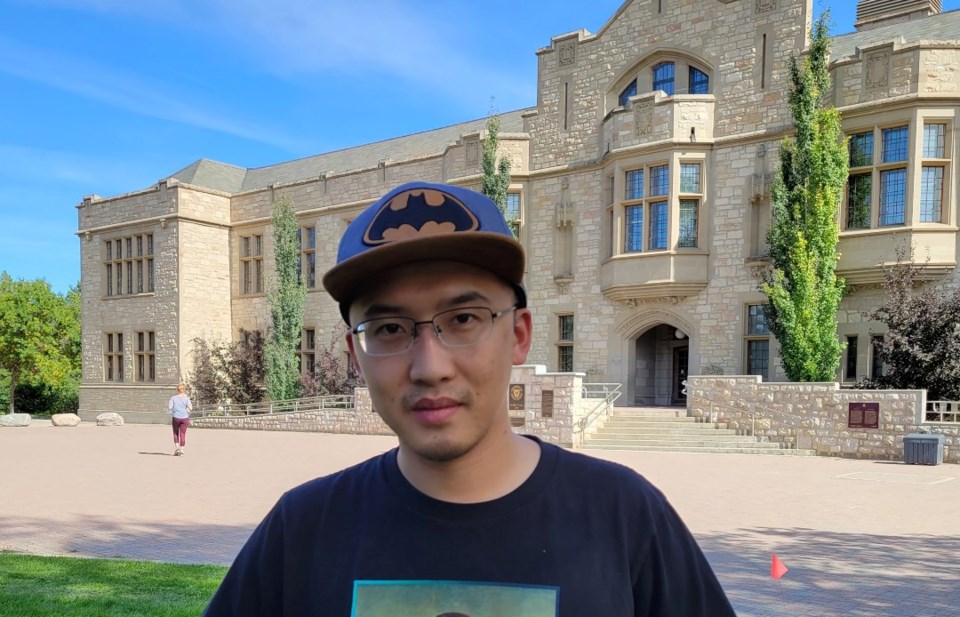SASKATOON — Cheese is a staple food in many Canadian households but recent increases in food prices has made it one of the more expensive items in your grocery cart.
Research by University of Saskatchewan (USask) food sciences student Shangyi Xu is looking for ways to improve the taste and lower the cost of cheese using a scientific process that alters how enzymes work during the fermentation process.
Enzymes are biological “helpers” that speed up biochemical reactions. They are active in many food products, especially those that undergo fermentation such as cheeses. This enzyme activity can cause a bitter taste in some products, and cheese is one of them.
“Cheese ripening (also called aging) is time-consuming,” said Xu. “It can take more than a year before certain types of cheese can reach our table.”
He notes that insufficient fermentation time will leave the final products with a displeasing bitter taste, and the increased storage and maintenance costs during the aging process are often added to the price of the final products for the consumer.
“We already know that an enzyme called prolidase can break down bitter-tasting compounds commonly presented in cheese,” said Xu. “Interestingly, we found that prolidase naturally found in lactic acid bacteria (commonly used in cheese fermentation) removes the bitter compounds slowly.”
To speed up this process and to allow for less bitterness to make it into the final product, Xu has been studying the workflow of the enzyme prolidase to determine where the process could be more efficient.
Xu used the technology at the Canadian Light Source, Canada’s only synchrotron that is located at USask, to examine the structure and function of prolidase. He identified that a specific “loop” structure in prolidase impacts the efficiency of how the enzyme works. By altering certain amino acids present in this loop chain, it could help the enzyme work faster and therefore produce a final product with added benefits for consumers.
Xu said that with the successful application of his research, “the aging time required for cheese could be shortened, hence reducing the price and improving its taste.”
He said the work can also contribute to more than just improved cheese production, but attests to how enzyme research can provide valuable information for how to use these metabolic helpers in other areas of food science and for understanding the human body.
With an undergraduate degree and a master’s degree in Food and Bioproduct Sciences obtained through the USask College of Agriculture and Bioresources, Xu is well-positioned to be pursuing a doctorate in the same subject under the supervision of professor Dr. Takuji Tanaka (PhD).
He first became interested in food science because of his heritage and upbringing. Originally from China, Xu learned “many recorded traditional Chinese recipes for building healthy bodies, boosting energy, treating weakness or sicknesses, as well as prolonging life span.”
“Unfortunately, many of these are unpublished recipes,” said Xu. “Though they are widely used, they are not able to be marketed out to benefit more people, due to unknown working mechanisms or safety concerns. I dream that one day I can scientifically explain why those recipes tend to work. My interest in chemistry and biology grew as I grew up, and I decided to pursue food science as my major."
The research is supported by the Natural Sciences and Engineering Council of Canada Discovery Grant program, the Mitacs Accelerate program and the Canadian Light Source.
, an initiative of the USask Research Profile and Impact office in partnership with the Saskatoon StarPhoenix.
— Submitted by USask Media Relations




